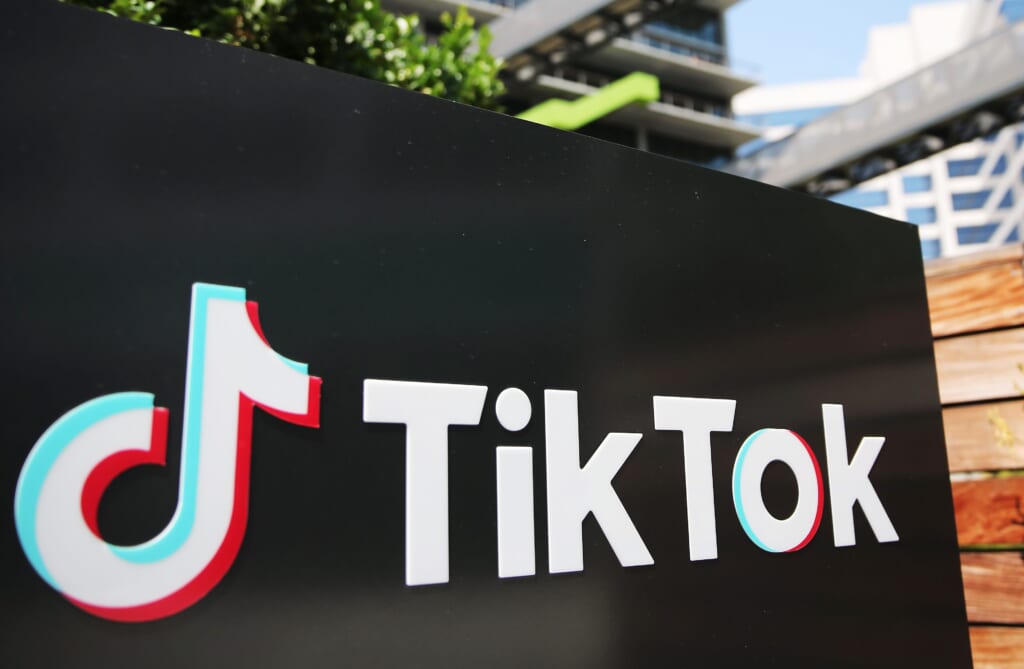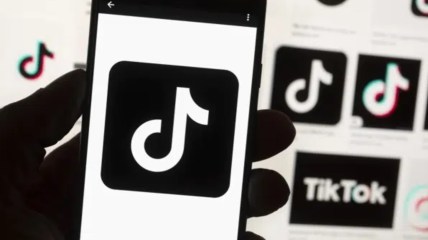GOP’s bill to ban TikTok could harm Black creators
“This unvetted bill risks creating more harmful unintended consequences than solutions,” said New York Congressman Gregory Meeks.
House Republicans aim to ban TikTok and other social media platforms they say pose a risk to national security, however, this could have a devastating impact on Black creators and entrepreneurs.
During the pandemic, many people flocked to social media as a way to cope with a new normal and to connect with family, friends and strangers around the world.

According to Forbes, in 2020 TikTok’s users increased by 75% with millions of Americans downloading the app. In recent years Black Americans have relied on the platform to promote their businesses or their talents, garnering millions of followers and earning anywhere from hundreds of thousands to millions of dollars.
However, if some members of Congress have their way, Black creators’ livelihoods could be at stake.
On Tuesday, a number of bipartisan senators introduced the Restricting the Emergence of Security Threats that Risk Information and Communications Technology (RESTRICT) Act to grant the U.S. government power to ban apps like TikTok. The White House has backed the bill and in a statement obtained by theGrio, White House National Security Adviser Jake Sullivan said this was a step in the right direction to prevent future national security risks. The statute would “prevent certain foreign governments from exploiting technology services operating in the United States,” said Sullivan.
This comes just days after the House Foreign Affairs Committee advanced a vote to grant President Joe Biden the power to sign the Deterring America’s Technological Adversaries (DATA) Act into law which would ban the use of TikTok nationwide and the use of other foreign-owned apps.
House Republicans argue that Tiktok is collecting users’ personal data and spying on Americans through the social media app. According to The Guardian, House Republican committee chair Michael McCaul called TikTok a “spy balloon in your phone,” referencing the Chinese balloon that the U.S. shot down last month when it entered the nation’s airspace.
On the contrary, House Democrats including Congressman Gregory Meeks (D-NY 5th District) voted against the bill. In a statement obtained by theGrio, Meeks said, that he is “deeply concerned” with the GOP’s efforts to ban the app.
“Before we take the unprecedented step of banning an app used by over 100 million Americans, harming our national security and infringing on their freedom of expression and speech, Congress must first adequately consult with the Administration and other stakeholders,” he said.
He added, “The Republicans’ rush to pass this hastily drafted measure, without the text even being made available to the public for review, is disappointing, and the American people deserve better.”

On Feb. 27, the American Civil Liberties Union sent a letter to the House Foreign Affairs Committee opposing the statute. The ACLU said that the bill was “vague and overbroad” and would “violate the First Amendment rights of millions of Americans who use TikTok to communicate, gather information, and express themselves daily.”
Jenna Leventoff, ACLU senior policy counsel, spoke with theGrio and said banning TikTok would not solve the GOP’s privacy concerns.
“TikTok is not the only app that collects consumer data. U.S.-based apps and social media platforms collect the same data,” she said.
She continued, “China could still have access to data even if we were to ban TikTok. So, I think in this situation, banning the app is not necessarily solving the problem, but it is violating the First Amendment rights of people across the country.”
Meeks said that if the app is banned it could also be detrimental to the U.S. economy.
“This unvetted bill risks creating more harmful unintended consequences than solutions, including damage to the U.S. economy and to the economies of our allies and partners, which this bill, as drafted, targets,” he said.
At this time, the bill is headed to the House floor and will need a majority vote in the House and the Senate to be enacted into law. In the meantime, the future of TikTok hangs in the balance and could soon leave some Black creators unemployed.
TheGrio is FREE on your TV via Apple TV, Amazon Fire, Roku and Android TV. Also, please download theGrio mobile apps today!


